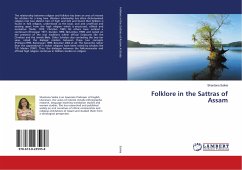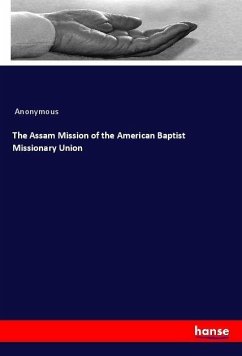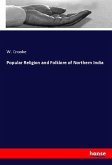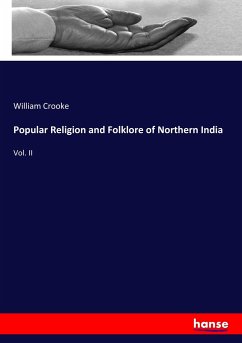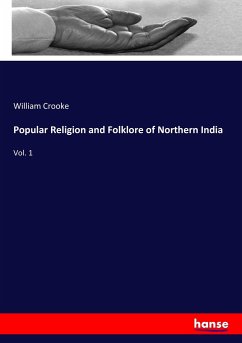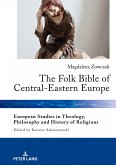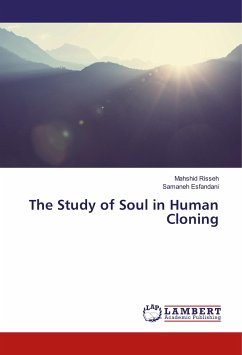The relationship between religion and folklore has been an area of interest for scholars for a long time. Western scholarship has often dichotomized religion into two distinct tiers of high and folk and found that folklore is found in folk religion, understood as the local, oral and unofficial and existing apart from the high religion which is structured, official and normative (Yoder 1974, Christian 1981). Yet others have noticed a continuum (Finnegan 1977, Dundes 1999, Ben-Amos 1999) and noted on the presence of the oral traditions within official Scriptures like the Christian and the Jewish Bible. Other Scholars also contesting the two tier view, noted the dialogic relation between these two concepts (Primiano1995, Ramanujan 1999, Bowman 2003 et al). The hierarchic rather than the oppositional in Indian religions have been noted by scholars like T.N. Madan (1991). Thus, the dialogue between the folk/vernacular and official/ high religion continues in folklore studies on religion.
Bitte wählen Sie Ihr Anliegen aus.
Rechnungen
Retourenschein anfordern
Bestellstatus
Storno

